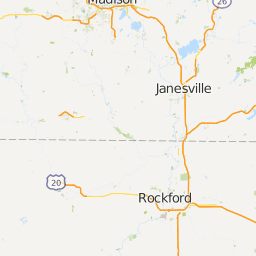dwasifar
ArboristSite Operative
To clarify: Yes, an extension cord can heat up in normal use, meaning plugged into an outlet with an operating appliance on the other end. Yes, a coiled cord will heat up faster, because the heat is concentrated in a smaller space. No, a cord plugged into itself does not contain endlessly circling electricity; that is called a perpetual motion machine and is a violation of physics.
Think about it for a second. The heat emitted by a cord under load comes from electrical resistance. So we know the cord has resistance; therefore electricity cannot circle endlessly in it. The resistance dissipates it. Also, since electricity is the movement of electrons between negative and positive charges, then even if there weren't resistance, the flow would stop once the charges had all evened out and the entire cord was at the same electrical potential.
Also, it wasn't mentioned, but a cord that is plugged in on one end but has nothing connected on the other end will not heat up. There's no current flow, hence no energy passing through the cord to be dissipated as heat. The cord has to be part of an active circuit for it to get hot.
Think about it for a second. The heat emitted by a cord under load comes from electrical resistance. So we know the cord has resistance; therefore electricity cannot circle endlessly in it. The resistance dissipates it. Also, since electricity is the movement of electrons between negative and positive charges, then even if there weren't resistance, the flow would stop once the charges had all evened out and the entire cord was at the same electrical potential.
Also, it wasn't mentioned, but a cord that is plugged in on one end but has nothing connected on the other end will not heat up. There's no current flow, hence no energy passing through the cord to be dissipated as heat. The cord has to be part of an active circuit for it to get hot.







































































